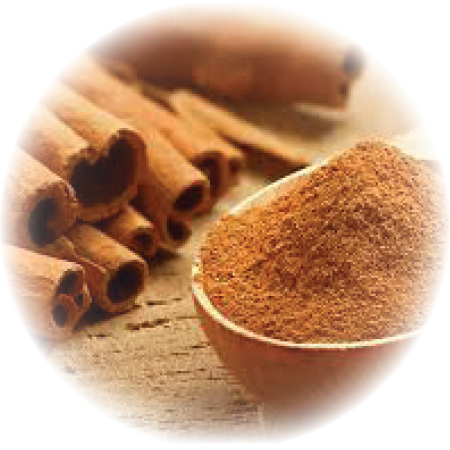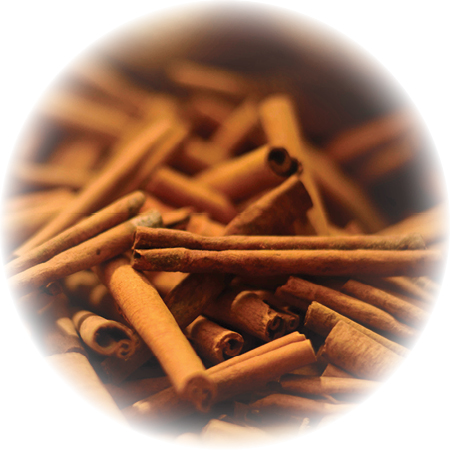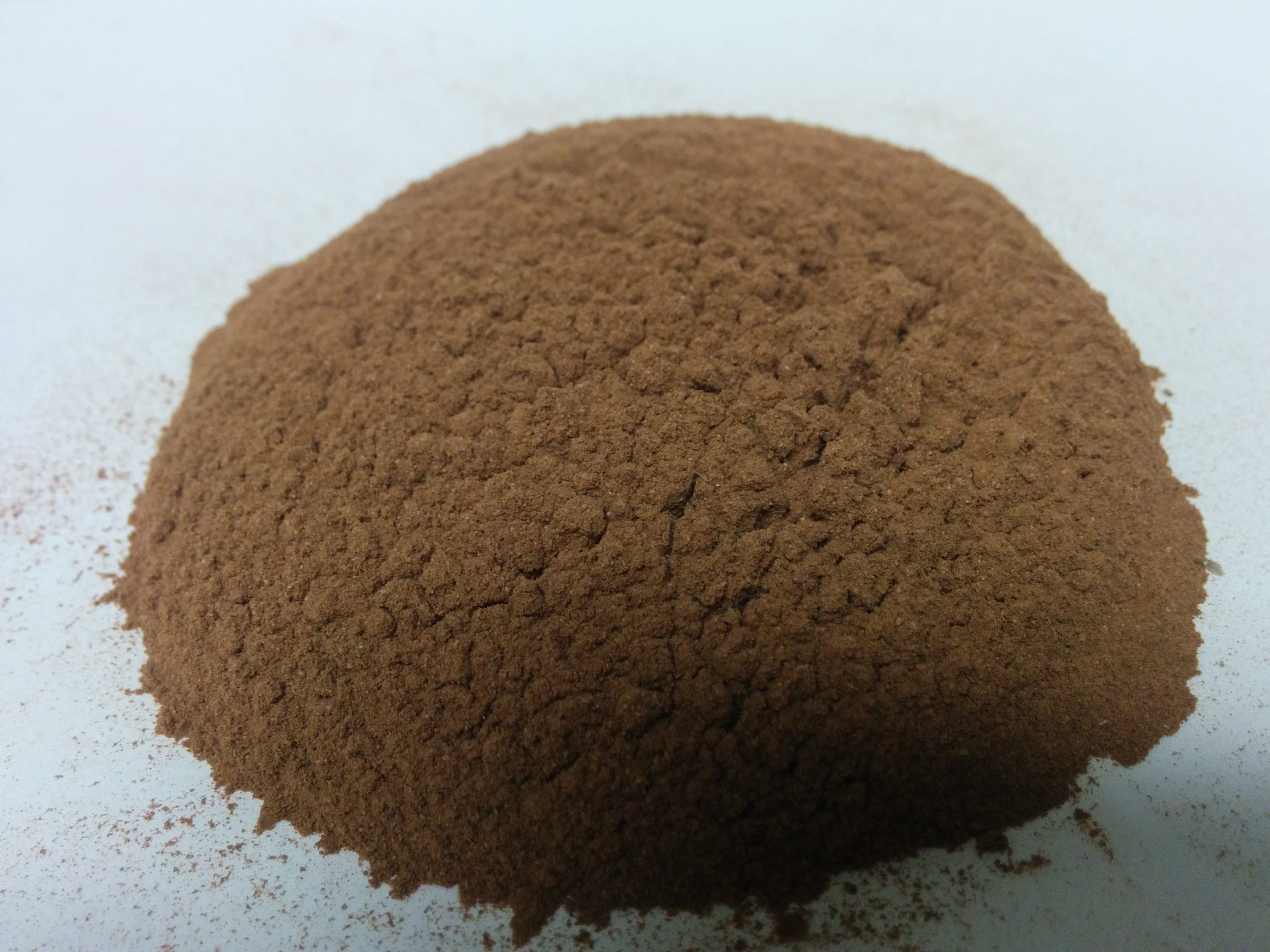Cinnamon, Powder (Cinnamonum zeylanicum) – Dried Herb, Organic
$20.77 – $207.70
Ceylon Cinnamon is a Sri Lankan indigenous plant which grows into moderate size bushy evergreen tree. True cinnamon, dates back in Chinese writings to 2800 BC and is still known as “Kwai” in the Cantonese language today. Its botanical name derives from the Hebraic and Arabic term “amomon”, meaning fragrant spice plant. From their word for cannon, Italians called it “canella”, meaning “little tube,” which aptly describes cinnamon sticks. The Ceylon Cinnamon belongs to the family “Lauraceae” or Laurel, which contains about 250+ species, a family containing diverse genera ranging from the Mediterranean Bay Tree, to Sassafras and Paw-Paw.
In the first century AD, Pliny the Elder wrote off 350 grams of Cinnamon as being equal in value to over five kilograms of silver, about fifteen times the value of silver per weight. In the 17th century, the Dutch seized the world’s largest Cinnamon supplier, the island of Ceylon, from the Portuguese, demanding outrageous quotas from the poor labouring Chalia caste. When the Dutch learned of a source of Cinnamon along the coast of India, they bribed and threatened the local king to destroy it all; thus, preserving their monopoly on the prized spice. In 1795, England seized Ceylon from the French, who had acquired it from their victory over Holland during the Revolutionary Wars. By 1833, the downfall of the Cinnamon monopoly had begun when other countries found it could be easily grown in such areas as Java, Sumatra, Borneo, Mauritius, Réunion and Guyana. Cinnamon is now also grown in South America, the West Indies and other tropical climates.
Cinnamon Bark has been used for thousands of years in traditional Eastern and Western medicines. It appears in recorded history dating back to at least 1700 years BCE, where it was a component of embalming fluid in ancient Egypt. The Arabs were avid spice traders who provided this spice to the ancient Romans, Greeks and Hebrews. These cultures treasured Cinnamon as a spice. It is believed that it was added to a spiced wine referred to as “Hippocras”.
European explorers considered Cinnamon to be the most sought after spice of the 15th and 16th centuries and by the 17th century, it was considered a common kitchen spice. By the 19th century, Cinnamon was commonly used to support digestion. In Ayurveda, this spice is referred to as “twak”. It is a highly valued and multipurpose herb. According to the Ayurvedic practitioner, Karta Khalsa said: “the classic patient who can benefit from cinnamon is cold, dry and frail”. Cinnamon is considered to be a warming herb that is stimulating to the circulatory system and soothing to the digestive system. Being high in antioxidants it is good for overall health.
Cinnamon is used to flavour a variety of foods, from confections to curries to beverages, and is popular in bakery goods in many places. Essential oil is distilled from the bark fragments for use in food, liqueur, perfume and drugs; and must be used with caution as a fragrance as it does have skin sensitizing properties.
Properties:
The taste and energetics of True Cinnamon are warming, stimulating, astringent and drying. Cinnamon has an affinity towards the digestive system, circulatory system, immune system, respiratory system, musculoskeletal system, pancreas and spleen. Combine Cinnamon with Fenugreek, Ashwagandha or Moringa to support the pancreas. For the musculoskeletal system mix with Turmeric Root, Ginger Root and Cardamom Seed.
How to use:
1 teaspoon of Cinnamon Bark pieces, sticks or powder to one cup of boiling water. Steep for 15 minutes, strain and drink up to three cups a day.
Use powder for flavouring for food or baking.
Cautions & contraindications:
May cause low blood sugar and may interact with certain medications.
This information is for educational purposes only and is not intended to diagnose, treat or cure any disease or illness. Please consult your health care provider prior to the use of this product if you are pregnant, nursing, taking medications or have a medical condition. Individual results may vary.



Reviews
There are no reviews yet.